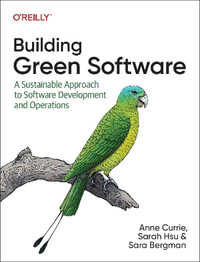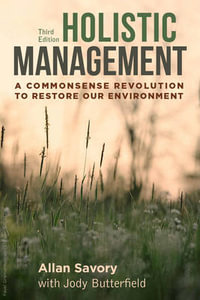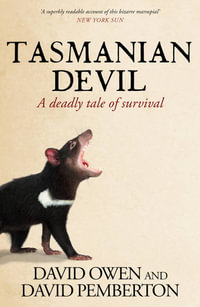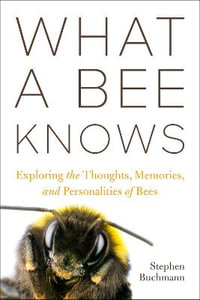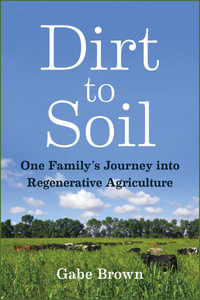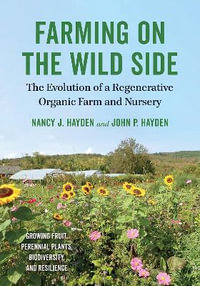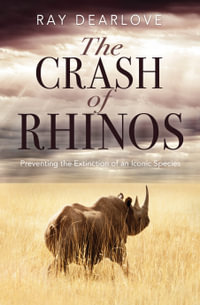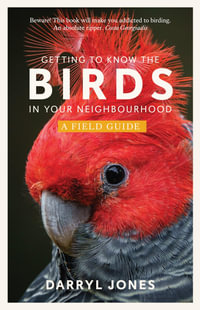
100 Plants to Feed the Bees
Provide a Healthy Habitat to Help Pollinators Thrive
Paperback | 29 November 2016 | Edition Number 1
At a Glance
Paperback
RRP $29.99
$27.90
Aims to ship in 5 to 10 business days
ISBN: 9781612127019
ISBN-10: 1612127010
Published: 29th November 2016
Format: Paperback
Language: English
Number of Pages: 240
Audience: General Adult
Publisher: Workman
Country of Publication: US
Edition Number: 1
Dimensions (cm): 20.2 x 15.4 x 1.5
Weight (kg): 0.45
Shipping
| Standard Shipping | Express Shipping | |
|---|---|---|
| Metro postcodes: | $9.99 | $14.95 |
| Regional postcodes: | $9.99 | $14.95 |
| Rural postcodes: | $9.99 | $14.95 |
How to return your order
At Booktopia, we offer hassle-free returns in accordance with our returns policy. If you wish to return an item, please get in touch with Booktopia Customer Care.
Additional postage charges may be applicable.
Defective items
If there is a problem with any of the items received for your order then the Booktopia Customer Care team is ready to assist you.
For more info please visit our Help Centre.
You Can Find This Book In
This product is categorised by
- Non-FictionGardeningSpecialised Gardening Methods
- Non-FictionNature & The Natural WorldWildlife in General
- Non-FictionScienceBiology, Life SciencesDevelopmental Biology
- Non-FictionEarth Sciences, Geography, Environment, PlanningGeographyPhysical Geography & Topography
- Non-FictionEarth Sciences, Geography, Environment, PlanningThe EnvironmentConservation of The EnvironmentConservation of Wildlife & Habitats
- Non-FictionNature & The Natural WorldThe Earth & Natural History in General
